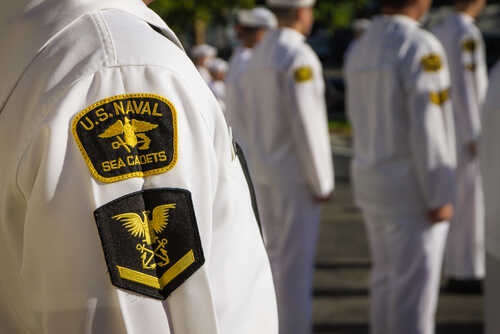(Republicaninformer.com)- Following the Chinese carrier Liaoning’s Bismarck-like drive on Guam in December, which demonstrated an unparalleled display of might, Congress opened the floodgates of funds for the floundering U.S. Navy Shipbuilding program, which has been in a rut since the Reagan administration.
Chief of Naval Operations Adm. Michael Gilday said that legislators clearly selected “alternative three” of the long-term shipbuilding plan, which envisions more budget and a subsequently more significant fleet, with the fiscal year 2023 military policy and expenditure legislation being signed into law.
In the meantime, however, following a scheduled seismic assessment and professional analysis, the Navy will temporarily halt submarine docking in Dry Docks 4, 5, and 6 at Puget Sound Naval Shipyard & Intermediate Maintenance Facility (PSNS & IMF) and the dry dock at the delta pier situated at Trident Refit Facility (TRF) Bangor.
This decision does not impact the nation’s capacity to serve as a strategic deterrence or the fleet’s ability to carry out its mission.
The Navy is trying to reduce fleet effects and ship scheduling delays. Each impacted availability’s work packages are being assessed and organized such that, if practical, work may continue pier side. This choice does not affect aircraft carrier upkeep.
The docks are now being securely and effectively upgraded and put back into operation by a crew under the direction of Naval Sea Systems Command.
Vice Adm. Bill Galinis, head of Naval Sea Systems Command, said, “our public shipyards are important to our national security.” “We will start implementing these mitigations right once and safely restore full operation of our dry docks as soon as practicable.”
The Navy’s long-range Shipyard Infrastructure Optimization Program (SIOP) seismic study revealed possible problems related to the distant probability of a large-scale earthquake happening concurrently with submarine maintenance availability.
The Navy is taking extra action in light of this new knowledge to protect better the safety of the shipyard staff, sailors, the local populace, the environment, and the submarines.
Increased budgets are vital for our defense and national security.


















